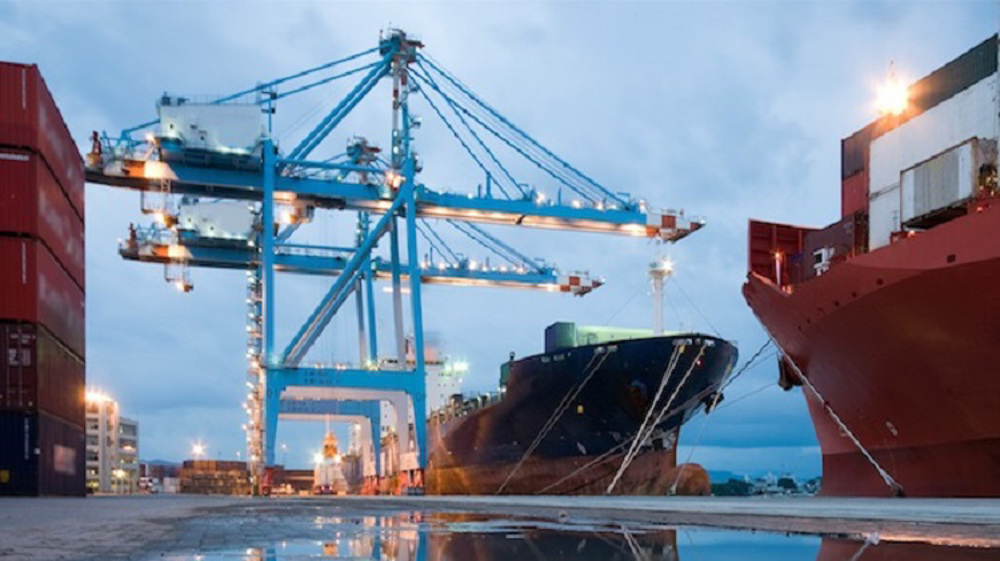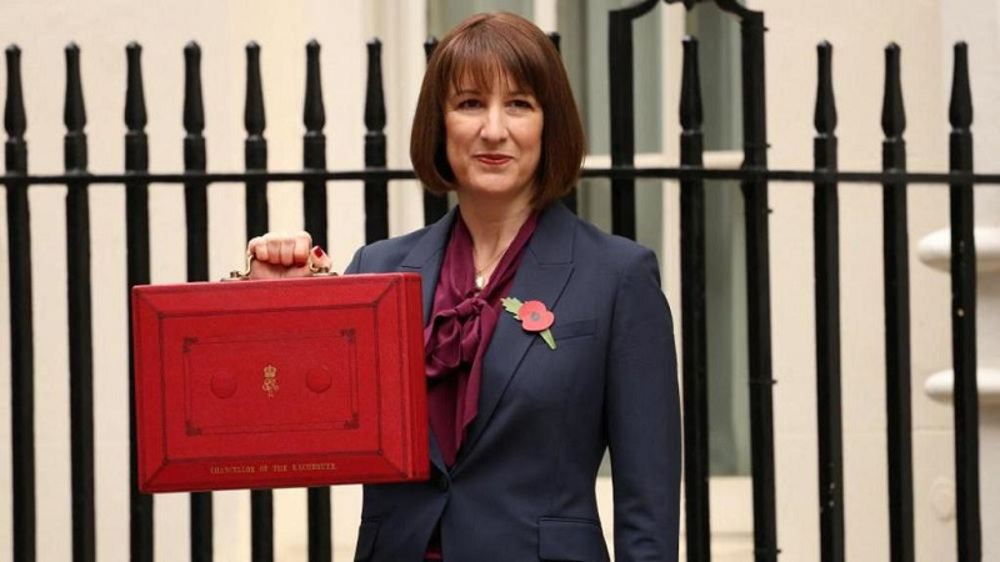Industry groups: ‘No-deal’ Brexit risks ports and customs checks chaos
With hopes fading for a post-Brexit trade deal, an influential industry group has warned that some British ports will find it “impossible” to carry out their fundamental tasks.
Irrespective of the outcome of protracted post-Brexit trade talks, British ports and customs authorities are required to implement wide-ranging changes to border checks after 45 years of European Union (EU) membership.
However, the impact on the UK ports and borders infrastructure is expected to be much more severe if British and EU negotiators fail to secure a trade deal which places the economic relationship between the two sides on a stable footing.
Appearing before the House of Lords EU goods sub-committee, the leadership of the British Ports Association (BPA) said some ports – and especially the smaller ones – will “not be able to cope” if customs consider all EU fresh foods and produce in the way that non-EU “third country” imports are currently treated.
The warning from the BPA comes in the wake of “chaos” at Britain’s largest container port at Felixstowe, with shipments reportedly delayed and several ships diverted to other ports.
In addition, port operators have complained that a key piece of the government software for haulage operators, designed to improve border processes, is not expected to be launched until a fortnight before the conclusion of the Brexit transition period on December 31.
Complaining about the software, Richard Ballantyne, who is the chief executive of the BPA, said that “the things we have needed to know about, it has been agonizing getting information out of government”.
Addressing peers at the House of Lords, Ballantyne made the following statement: "Their [customs authorities] regimes that mirror those third-country checks in a no-deal situation, as we may find ourselves in, effectively could be completely impossible for certain ports to accommodate with any practical, sensible approach”.
"It would put traders at a real disadvantage bringing their goods on certain routes if they know that a high percentage of those volumes need to be opened and inspected. We have found that very challenging”, Ballantyne added.
VIDEO | Carol Singers for Palestine on London’s Parliament Square
American warplane downed after Yemeni attacks 'baffled' US air defense: Ansarullah
VIDEO | Yemenis praise the military for its successful operations against Israel
VIDEO | Israel continues to bomb Gaza homes
VIDEO | An insider's view of the country: Meybod City in Yazd
‘All wars have rules. All of those rules have been broken’ by Israel
VIDEO | Report flags India’s violation of rights of Rohingya detainees
Turkey's foreign minister meets Syria's de facto leader in Damascus













 This makes it easy to access the Press TV website
This makes it easy to access the Press TV website